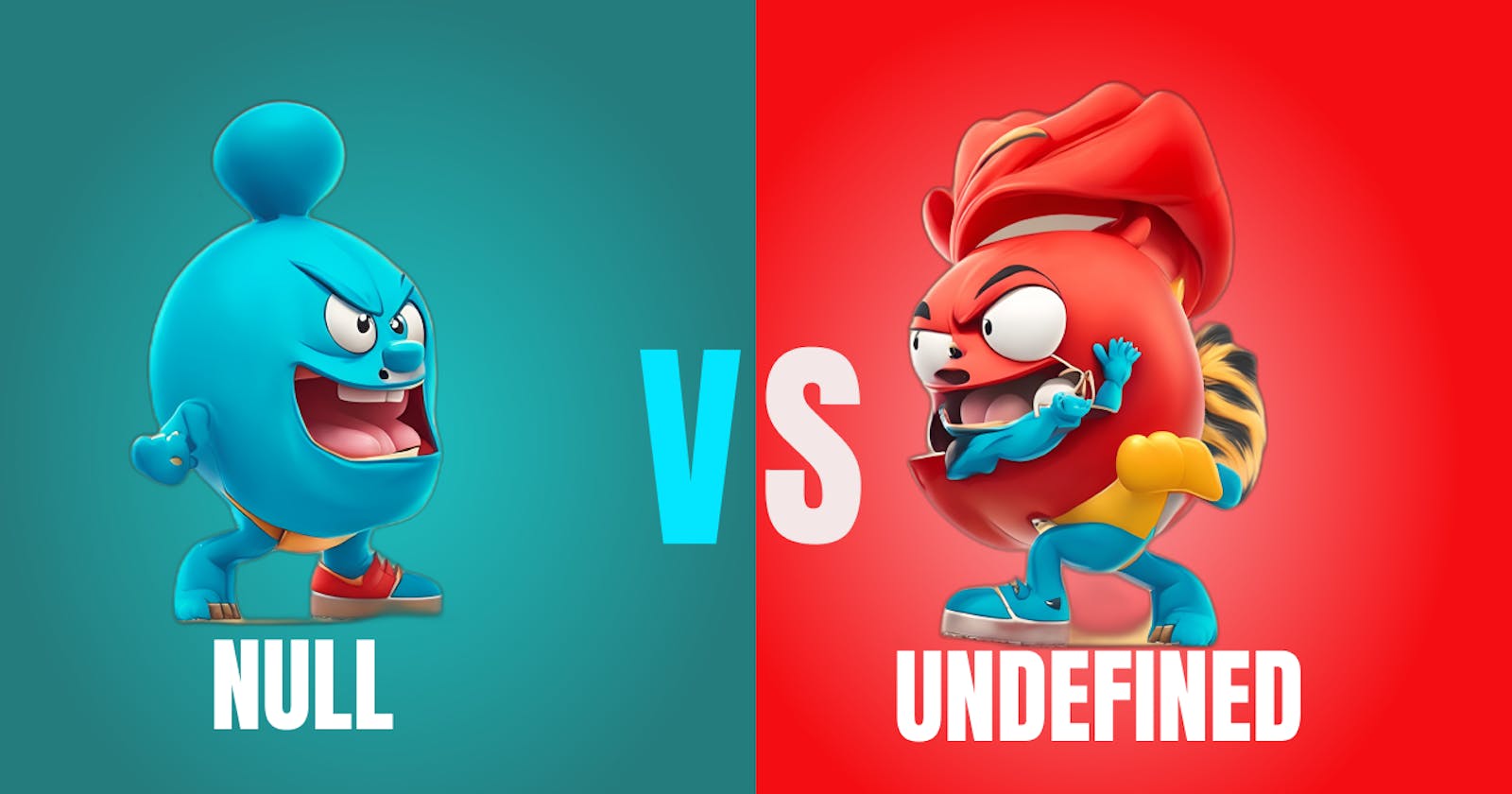In JavaScript, null and undefined are two special values that represent the absence of a value. null is used to explicitly indicate that a variable does not refer to any object, while undefined is used to indicate that a variable has not been assigned a value.
Null
The null value is a primitive value that represents the absence of an object. It is often used to indicate that a variable does not refer to any object. For example, the following code creates a variable called myObject and assigns it the null value:
var myObject = null;
The myObject variable now does not refer to any object. If you try to access the myObject variable, you will get an error.
Undefined
The undefined value is a primitive value that represents the absence of a value. It is often used to indicate that a variable has not been assigned a value. For example, the following code declares a variable called myOtherObject but does not assign it a value:
var myOtherObject;
The myOtherObject variable now has an undefined value. If you try to access the myOtherObject variable, you will get an error.
Differences between null and undefined
There are a few key differences between null and undefined:
nullis a primitive value, whileundefinedis a type itself.nullcan be assigned to a variable, whileundefinedcannot.nullis converted to zero (0) while performing primitive operations, whileundefinedis converted to NaN while performing primitive operations.
When to use null and undefined
In general, you should use null to explicitly indicate that a variable does not refer to any object. You should use undefined to indicate that a variable has not been assigned a value.
Here are some examples of when you might use null:
To indicate that a user has not selected a value from a dropdown list.
To indicate that a function has not returned a value.
To indicate that an object does not have a particular property.
Here are some examples of when you might use undefined:
To declare a variable that you will assign a value to later.
To access a property of an object that you know does not exist.
To indicate that a function has not been called.
Conclusion
null and undefined are two special values that represent the absence of a value in JavaScript. null is used to explicitly indicate that a variable does not refer to any object, while undefined is used to indicate that a variable has not been assigned a value. You should use null to explicitly indicate that a variable does not refer to any object, and you should use undefined to indicate that a variable has not been assigned a value.
